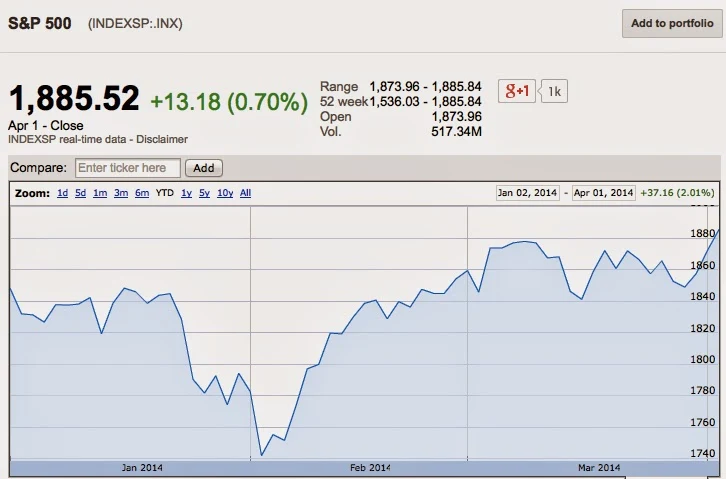They didn't used to be "AmConMag.com" for nothing.
Seen here over the weekend:
"American democracy is rife with troubling inequalities, but calling it an oligarchy is a step too far."
This is the dingbat sort of stuff you expect people without any historical sense to say, not conservatives.
Alarums against oligarchy were already afoot in the debate over the constitution in 1787, whence these excerpts from Brutus to the New Yorkers:
[I]n reality there will be no part of the people represented, but the rich, even in that branch of the legislature, which is called the democratic. — The well born, and highest orders in life, as they term themselves, will be ignorant of the sentiments of the midling class of citizens, strangers to their ability, wants, and difficulties, and void of sympathy, and fellow feeling. This branch of the legislature will not only be an imperfect representation, but there will be no security in so small a body, against bribery, and corruption — It will consist at first, of sixty-five, and can never exceed one for every thirty thousand inhabitants; a majority of these, that is, thirty-three, are a quorum, and a majority of which, or seventeen, may pass any law — so that twenty-five men, will have the power to give away all the property of the citizens of these states — what security therefore can there be for the people, where their liberties and property are at the disposal of so few men?
It will literally be a government in the hands of the few to oppress and plunder the many. You may conclude with a great degree of certainty, that it, like all others of a similar nature, will be managed by influence and corruption, and that the period is not far distant, when this will be the case, if it should be adopted; for even now there are some among us, whose characters stand high in the public estimation, and who have had a principal agency in framing this constitution, who do not scruple to say, that this is the only practicable mode of governing a people, who think with that degree of freedom which the Americans do — this government will have in their gift a vast number of offices of great honor and emolument. The members of the legislature are not excluded from appointments; and twenty-five of them, as the case may be, being secured, any measure may be carried.
The rulers of this country must be composed of very different materials from those of any other, of which history gives us any account, if the majority of the legislature are not, before many years, entirely at the devotion of the executive — and these states will soon be under the absolute domination of one, or a few, with the fallacious appearance of being governed by men of their own election.
The more I reflect on this subject, the more firmly am I persuaded, that the representation is merely nominal — a mere burlesque; and that no security is provided against corruption and undue influence. No free people on earth, who have elected persons to legislate for them, ever reposed that confidence in so small a number. The British house of commons consists of five hundred and fifty-eight members; the number of inhabitants in Great-Britain, is computed at eight millions — this gives one member for a little more than fourteen thousand, which exceeds double the proportion this country can ever have: and yet we require a larger representation in proportion to our numbers, than Great-Britain, because this country is much more extensive, and differs more in its productions, interests, manners, and habits. The democratic branch of the legislatures of the several states in the union consists, I believe at present, of near two thousand; and this number was not thought too large for the security of liberty by the framers of our state constitutions: some of the states may have erred in this respect, but the difference between two thousand, and sixty-five, is so very great, that it will bear no comparison.
--------------------------------------------------------------------------------------------------------------------------
Can anyone today deny that Brutus' warnings were wrong? He has been entirely vindicated by subsequent events, which we call a precious American history but he would have called a mockery of the original vision they had for the country. Yet Brutus, already horrified in 1787, would no doubt have been struck dead on the spot were he still alive in the 1920s to have witnessed this long-standing paltry representation further prohibited from growing and frozen at 435, the number we still have today. And instead of the 10,000 representatives we should have in Congress, we have 10,000 registered lobbyists instead.
No, the seeds of our present discontents were sown at the founding, but today conservatism is so unthinking and emotionally reflexive that it only means to preserve the baby in its dirty bath water while chiding the nursemaid for sensibly wanting to drain it.











_9M-MRO_-_MSN_28420_404_(9272090094).jpg)


